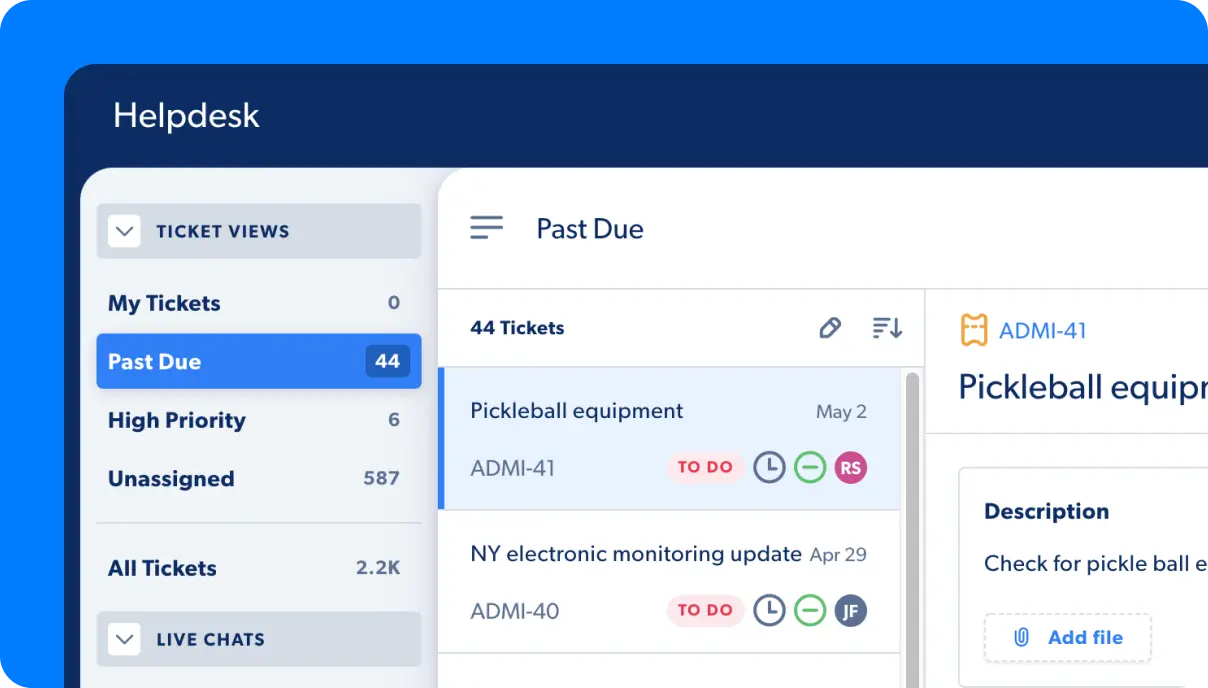Your sales team faces numerous challenges when it comes to achieving revenue goals. Inefficiencies in communication and processes can hinder the conversion of leads into customers, directly impacting your company’s potential revenue. However, by using the power of workflow management and automation, your sales directors and managers can revolutionize their teams, driving significant improvements in revenue generation and employee retention. In this article, we will explore the concept of workflow management and demonstrate how implementing it can transform your sales team’s efficiency, collaboration, and overall performance.
Trends in workflow management and automation
In recent years, the workflow management and automation world has seen a significant paradigm shift, driven primarily by the rapid advances in artificial intelligence (AI) and machine learning (ML) technologies. The trend has moved beyond streamlining and automating repetitive tasks towards intelligent process automation (IPA), a confluence of AI, ML, and Robotic Process Automation (RPA). IPA automates mundane, everyday tasks and enhances decision-making capabilities by using advanced analytics and predictive modeling. Furthermore, the emergence of low-code and no-code platforms has democratized access to automation, allowing non-technical users to develop and manage workflows without extensive programming knowledge.
Another prevailing trend is the integration of workflow automation into collaborative work management platforms, bridging the gap between task-oriented and process-oriented work cultures. These trends contribute to more agile, efficient, and data-driven organizations capable of responding to complex business environments and evolving customer needs quickly and accurately.
What is workflow management?

Workflow management refers to the coordination of tasks that make up an organization’s work. By defining, implementing, and maintaining workflows, your company can standardize the sequential or parallel activities needed to complete a project or service. In other words, workflow management involves orchestrating a task’s different steps from start to finish.
In practical terms, workflow management can help to identify redundant tasks, streamline processes, reduce errors, and enhance the overall efficiency of operations. Workflow management can be facilitated manually, but it’s often done using specialized software tools that can automate certain aspects of task coordination, track the progress of tasks, and ensure that everyone involved knows their roles and responsibilities. These tools can also provide valuable data on optimizing workflows for even greater efficiency.
The problem: inefficiencies preventing revenue goals

Your sales teams often face challenges that hinder their ability to meet revenue goals. Ineffective communication, manual and disjointed processes, and a lack of visibility into the sales pipeline can result in missed opportunities and lost revenue. Let’s explore some common problems revenue teams encounter and how workflow management can address them:
Communication breakdown
Your sales teams rely heavily on effective communication to close deals. However, miscommunications, delays, and missed follow-ups can occur without a streamlined workflow, leading to lost sales. Workflow management facilitates seamless communication, ensuring all your team members are on the same page and have access to the necessary information and resources.
Inefficient processes
Manual and time-consuming processes can hinder your sales team’s productivity. For example, your sales representatives may spend excessive time on administrative tasks, leaving less time for active selling. According to Zapier,”94% of workers perform time-consuming, repetitive tasks.” Workflow management automates these repetitive tasks, freeing up valuable time for your salespeople to focus on building relationships and closing valuable deals.
Lack of visibility into the sales pipeline
Without proper visibility into your sales pipeline, your sales directors and managers can struggle to make informed decisions. Workflow management provides real-time insights and analytics, allowing teams to track progress, identify bottlenecks, and allocate resources effectively. This increase in visibility enables proactive decision-making and ensures that your sales activities align with revenue goals.
The solution: using workflow management to drive conversion
Imagine you’re leading your sales team for a software company, and your team has to deal with multiple tasks – from generating leads, tracking customer interactions, and sending proposals to finally closing the deal. It’s a complex sequence of jobs, and if not managed properly, it can lead to inefficiencies and miscommunications. Let’s explore how a workflow management system can be of help.
Implementing workflow management starts with clearly understanding and mapping out all the steps in your sales process. Each of these steps forms a critical ‘node’ in the workflow. For instance, the first node could be prospect identification, followed by initial contact, qualification, presentation, negotiation, closing, and follow-ups for customer retention. Clearly defining this process helps to standardize the sales approach across your team, ensuring everyone knows their goals at each stage and who is responsible for each task.
Now, let’s bring in our anecdotal character, Sarah, a sales executive. In the past, she’d spent time pursuing unqualified leads due to poor lead scoring or lack of information. Classic inefficiency. However, with the new workflow management system, every lead that comes to Sarah is already pre-qualified through machine learning, saving her precious time and resources.
Moreover, automation is introduced at various stages to streamline operations. For example, the system triggers a ‘deal closed’ notification to the accounting team to invoice the client after a deal closes. This shortens the process and cuts the chances of communication breakdown between departments.
Adding workflow management systems also boosts transparency and collaboration in your teams. Everyone can track the status of leads and deals in the pipeline, preventing duplication of tasks and fostering teamwork. For instance, when Sarah is on vacation, her colleague, John, can pick up where she left off without losing crucial information or context.
The benefits: The ROI of workflow management for your sales team

Implementing workflow management has numerous benefits that directly impact revenue generation. Let’s explore the key advantages your sales team can expect:
Increased efficiency
By automating repetitive tasks and streamlining processes, workflow management significantly improves your sales team’s efficiency. Sales representatives can focus on selling activities, while administrative tasks get handled seamlessly, resulting in enhanced productivity and faster deal closures.
Improved collaboration and communication
Workflow management platforms foster collaboration and communication among your team members. Real-time access to information, centralized communication channels, and task-tracking capabilities enable seamless coordination, ensuring everyone is aligned and working towards shared revenue goals.
Enhanced sales pipeline visibility
Workflow management provides your sales directors and managers comprehensive visibility into the sales pipeline. Real-time analytics and reporting enable better forecasting, identify potential bottlenecks, and help optimize resource allocation. This visibility allows for proactive decision-making, ultimately driving overall revenue growth.
Consistency and standardization across the team
Workflow management ensures consistency and standardization in sales processes. By establishing predefined workflows and automating tasks, your sales team can follow consistent procedures. This then leads to a more predictable and reliable sales process. And it builds customer trust and increases the likelihood of conversion.
Data-driven insights and analysis
Workflow management platforms offer powerful analytics and reporting features that provide data-driven insights into your sales performance. Sales directors and managers can access valuable metrics, such as conversion rates, average deal size, and sales cycle length. These insights enable data-driven decision-making, allowing you to identify areas for improvement and optimize sales strategies.

Workflow management has emerged as a crucial tool for revenue teams looking to achieve their quarter revenue goals. By addressing common challenges, streamlining processes, and using automation, you can transform your teams from chaos to conversion.
Join the +1500 Capacity customers and see how to simplify your automation and workflow strategy. Get a demo today.

Automate Your Work
Capacity’s enterprise AI chatbot can help:
- Answer FAQs anytime, anywhere
- Find relevant documents within seconds
- Give surveys and collect feedback













































